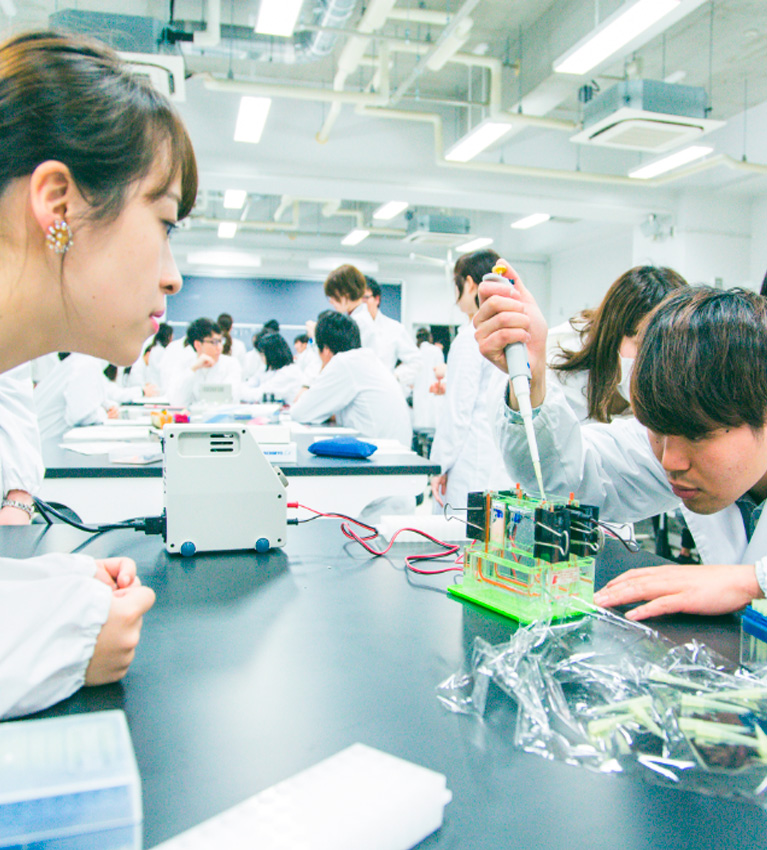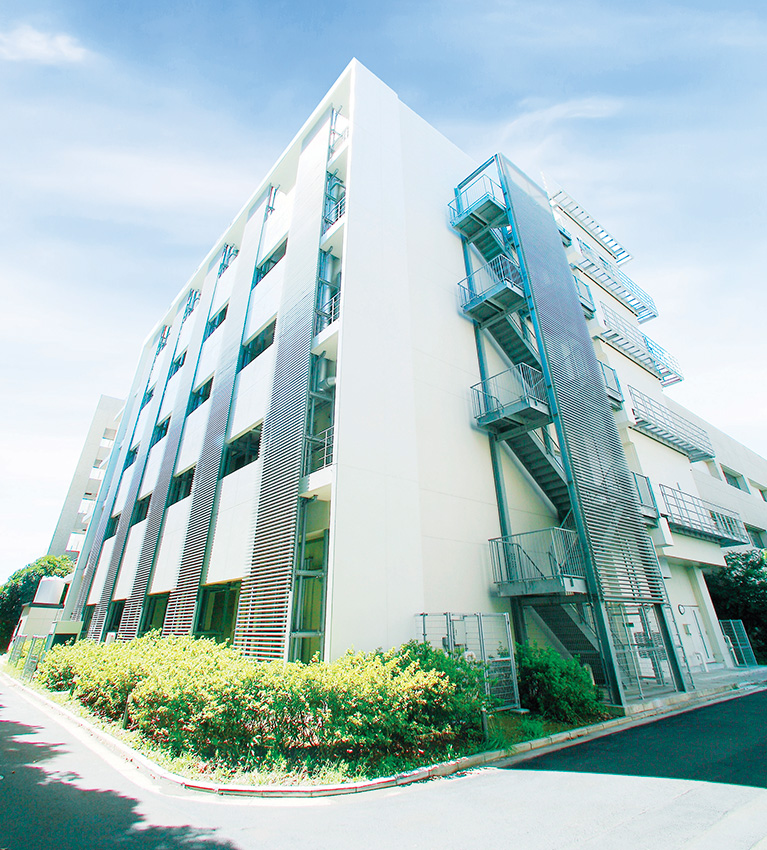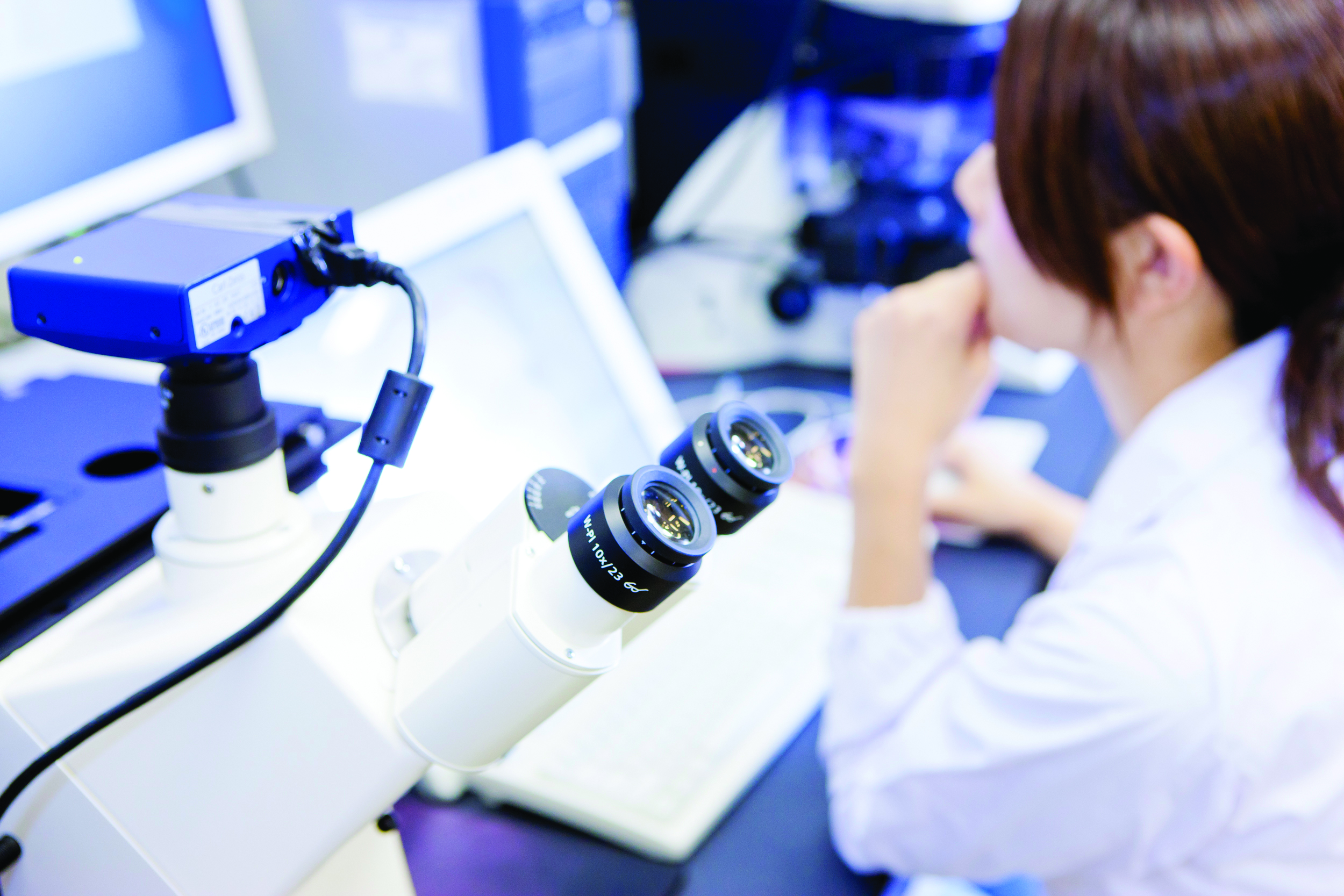Research
Research at Yokohama City University
Yokohama City University strives to contribute to the development of arts and sciences, conduct research activities that contribute to advanced technology, and announce research results to the world with high expertise and from a global point of view. We pride ourselves on research that contributes to state-of-the-art technology through specialization and a global outlook. Aiming to contribute to the advancement of science and the global community, we provide support for an array of global standard research programs.

Research Highlights
Research Centers & Facilities
Below are links to the research facilities in Yokohama City University.
Advanced Medical Research Center (SENTANKEN) >
Kihara Institute for Biological Studies (KIBR) >
YCU Center for Novel and Exploratory Clinical Trials (Y-NEXT) >
Advanced Medical Research Center (SENTANKEN) >
Kihara Institute for Biological Studies (KIBR) >
YCU Center for Novel and Exploratory Clinical Trials (Y-NEXT) >

Advanced Medical Research Center
Researcher Database
A strong research culture is fostered across all disciplines and all departments in Yokohama City University. To learn more about our faculty and their research, click on the link below.


